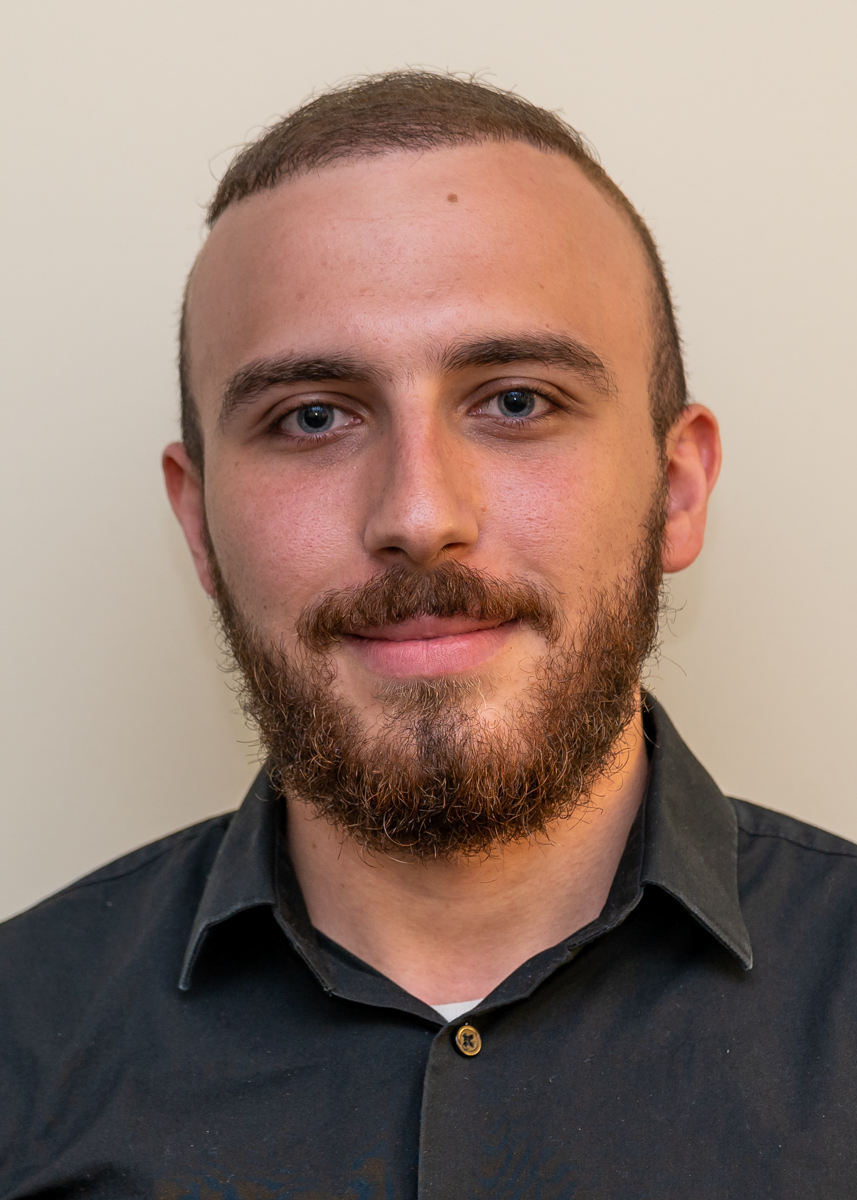Hussein Chehade

- B.S. in Cellular and Molecular Biology, Eastern Michigan University
- Currently a fourth-year student in the MGG PhD program
Since I was a child, I have always been fascinated by the complexity of the human body, understanding how it functions in health and disease, and how the medical methods used to cure diseases are developed. Once I started my undergraduate research in 2017, I became certain that the career I have chosen is the closest to my identity and demands.
My long-term research interests are in biology with particular emphasis in genetics, evolution, cellular and molecular life sciences, and understanding the fundamental aspects of biological diversity. I chose Wayne State University’s Center of Molecular Medicine and Genetics as an ideal place to pursue my PhD because of their high-quality research, unique clinical experiences presented by the city of Detroit, and found that my interests in genetics fit very well in this program.
I have conducted a number of research projects during my undergraduate studies, where we established a new screening method for quickly identifying soil microbes that produce antimicrobial compounds. As a part of the screen, we have developed co-inoculate diluted soil samples and an excess of different target strains. After growing the soil sample for a few weeks, we were easily able to identify antibiotic-producing soil microbes. To aid in purification of the soil microbes away from the target microbe, we generated a series of D-alanine auxotrophic mutants that die when D-alanine is removed from the media. I have used recombinant DNA techniques to construct suicide vectors to engineer clean deletion mutants of two D-alanine racemes genes, dadX and alr, in Pseudomonas putida. This work has involved learning how to analyze and manipulate genomic sequences to design primers, complex PCR methods, restriction-digest base cloning methods, conjugation, antibiotic selection, and mutant verification. I then used this D- alanine auxotrophic mutant to look for potentially new antibiotics that are effective against multi-drug resistant P. aerugino

